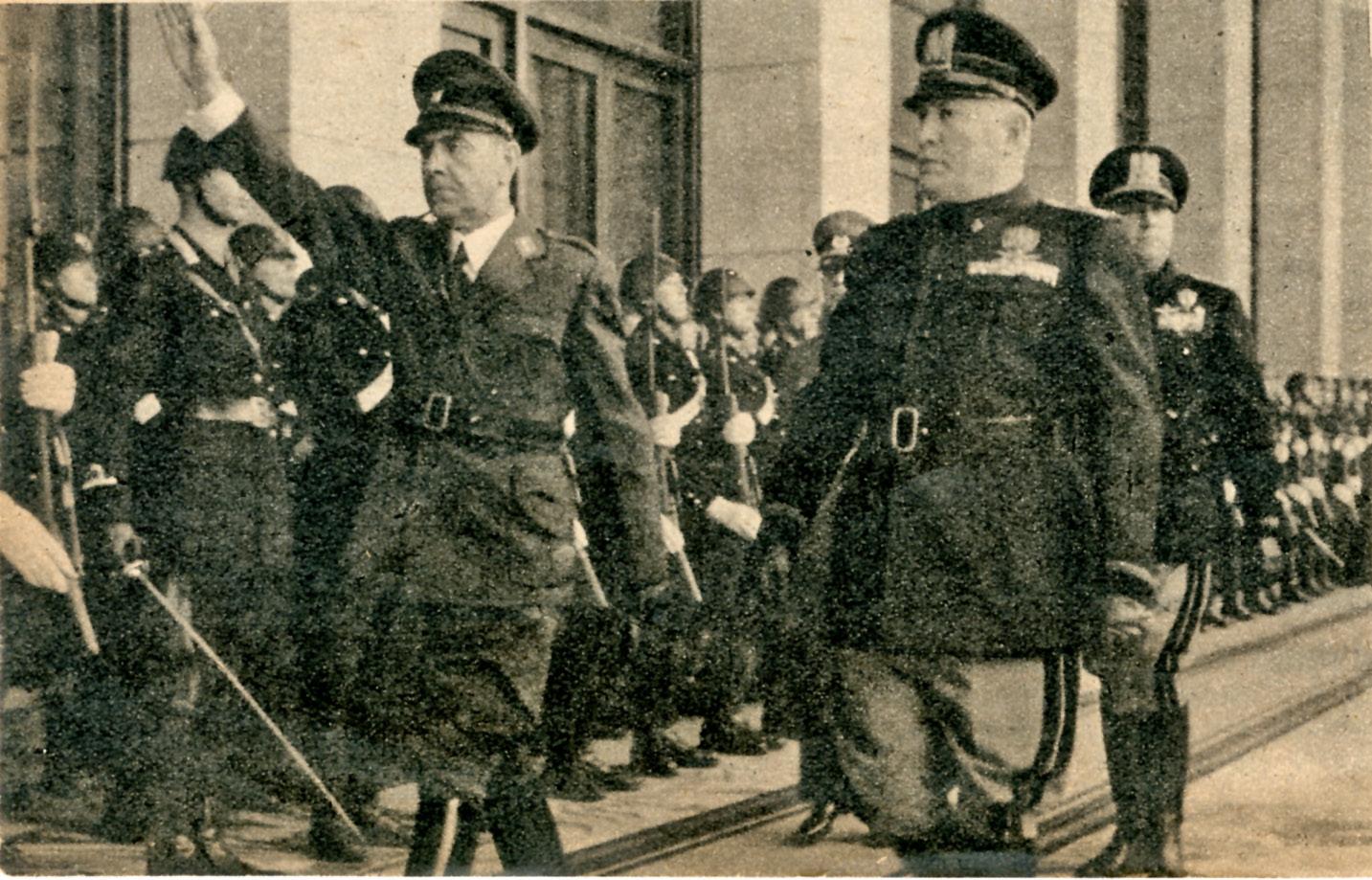207
Noi credevamo
Ricciotti Garibaldi and the last expedition of the Italian Garibaldini volunteers to Greece (1912) by Stathis Birtachas
Garibaldi and the revival of the volunteer philhellenic tradition On the basis of the concepts of the Mediterranean solidarity at first and of the Greco-Latin subsequently, which emanates from the combination of the two civilizations of classical antiquity, but also within the framework of the gradual constitution of a “Liberal International”, the military parameter of Italian philhellenism began with the outbreak of the Greek War of Independence. It was combined, moreover, with the wave of political exiles that came in the wake of the failed constitutional and liberal movements in the Piedmont, Naples and Sicily (1820-21). These revolutionaries in exile, aristocrats, former officers in Napoleon’s army, but also ordinary citizens, as well as some students, the majority of them carbonari or members of other secret societies with which internationalist liberalism was then identified, constitute the identity of the early phase of Italian military volunteerism1. The phenomenon of offering voluntary military service developed further in Italy in the subsequent years of the Risorgimento struggles and after the defence of Rome in 1849 by the Garibaldini, Giuseppe Garibaldi became its pivot. The volunteers were people inspired by liberationist and nationalist ideals, and who had been educated with the ideas and projects of the democratic and Mazzinian 1 S. Birtachas, «Solidarietà e scambi ideologico-culturali italo-ellenici in epoca risorgimentale: l’emigrazione politica italiana nelle Isole Ionie e in Grecia», Mediterranea. Ricerche Storiche, 26, dicembre 2012, pp. 461-464; and in this Quaderno SISM, S. Birtachas, «I filelleni italiani: i volontari negli anni della rivoluzione greca», with bibliography.


























